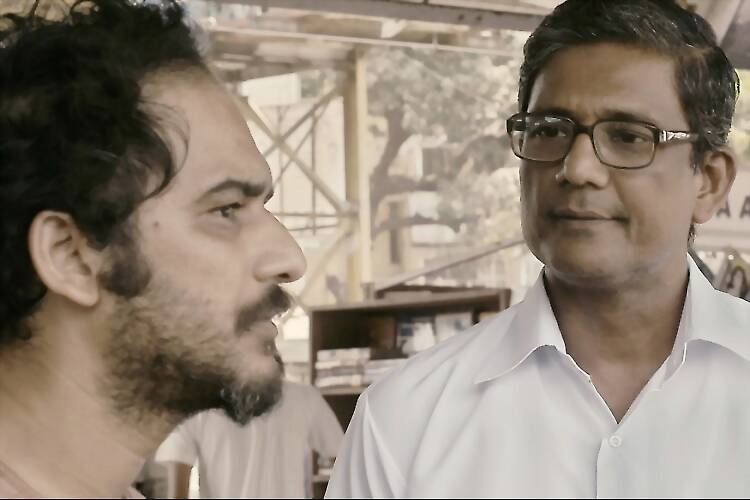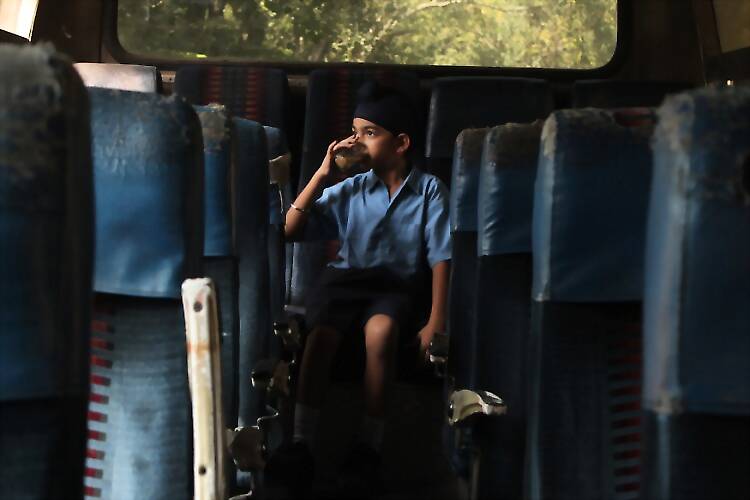
views
At a time when the term ‘cinema’ has become synonymous to celebrity – it makes us wonder how difficult it must be for independent filmmakers to get their aspirations and projects on board. While majority of the viewers are invariably inclined towards the star-system, a rather decent chunk is still interested in watching a content-driven film. Why? Probably, because despite lacking the hullaballoo of the mainstream cinema, it keeps the realism and naturalism intact.
But the underlying vicious circle of filmmaking including filmmakers, producers, distributors and exhibitors make it tough for a viewer to actually reach out to the world of parallel cinema and hence, restrict the screening of such films only to specific film festivals or film clubs.
At the recently concluded Dharamshala International Film Festival, News18.com reached out to various independent filmmakers to understand the milieu surrounding the distribution of their creations.
Questioning the independence of filmmakers, Bauddhayan Mukherji asks, “We call ourselves independent filmmakers, but how independent are we? We’re completely dependent on exhibitors, distributors or market sources and are on their mercy whether they’ll give us one extra screen for our film.”

With the advancements in technology, several new platforms, such as digital distribution, have taken over the traditional theatrical rostrum which makes it a good time for filmmakers to thrive in India according to The Violin Player director. “It is the right time to thrive in this country – also because theatrical release is not the end in itself. The fact that there are other distribution platforms - is a help in giving them a longer shelf-life. We don’t want to be one film wonders. The alternate distribution channels will allow us not to remain one film wonders.”
Payal Sethi, who has helmed the short film Leeches, highlights the importance of online distribution and feels that one should make films keeping in mind the monetary aspects. “I think that filmmakers can pay more attention to what digital distribution can do for them - in terms of giving them access to a whole new audience and in monetisation. Knowing that we’ve smaller numbers – can we start making films in more reasonable budget? Yes. I feel like filmmakers need to be more aware”.
She further brings to light the concept of crowd-funding vis-a-vis a production company guiding one’s agenda. “It is a struggle when it comes to financing – but I’m a big fan of crowd funding which worked out quite well for me. It gave me the freedom to do what I wanted to do with films – I had complete autonomy”.
Ladakhi filmmaker Stanzin Dorjai emphasises on the fact that even if directors are confident to distribute their work across the world, the producers and distributors are always wary of it.
“Filmmaking is really hard. Even if you’ve all the resources in the world, the distribution is obviously hard”, says Shubhashish Bhutiani, whose short film Kush was nominated in the short-list of 10 live-action shorts in Oscars.

Despite the existing chinks in the distribution process, he’s optimistic about the future of independent cinema. “We’re making movies, which 10 years ago people were not allowed to make. The actors are acting in films they would never have chosen earlier. I, as a young person, have to be optimistic. I think we’re going to make a lot of diverse films.”
National-award winning actor Girish Kulkarni reveals that even in Marathi cinema – which is basking in the glory of the success of films like Sairat – there are no producers. "In Marathi cinema, there are no producers. They all are one film producers. They come in with some odd hopes and money, and later go away. That responsibility also comes on the creative people, who are not good at business," he said.
Raam Reddy, who has received rave reviews for his film Thithi believe that the audience’s taste is evolving, which would help independent cinema to get more visibility. “I think there’s a democratization of cinema that’s happening. The tastes are changing – they’re evolving.”
“We need to start looking at more specific genres and exploring them with the craft that goes within them. As that increases, the exhibitors will start having faith in content and quality over formula, that way the things will change”, adds the filmmaker.
Be it the lack of government funding or the dearth of screens ready to accommodate the low-budget independent films, the due visibility for indie films still need to travel a long way to before it actually hog the limelight it deserves.



















Comments
0 comment